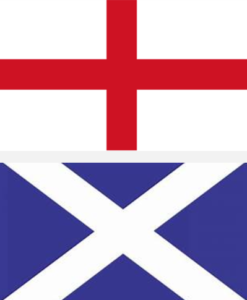The Fifth Parliament (the “Long Parliament”) of Charles I passes the “Nineteen Propositions,” proposing that Charles relinquish some of his royal powers to Parliament. Numbers 1, 2, 4, 5, 7, 11, 14 and 19 of which state:
- The king’s advisors must be approved by Parliament;
- Public affairs must be debated in Parliament, and not exclusively decided in private by the king;
- Education of the king’s children must be approved by Parliament;
- Royal marriages must meet with the approval of Parliament;
- Judges must be on oath to enforce the Law;
- Both Houses of Parliament (Commons and Lords) have authority: to veto royal pardons;
- New appointments to the House of Lords must be approved by both Houses of Parliament.
Postscript: The following day Charles rejected all 19 propositions.
[restored 9/28/2024]
Subsequent Events:
Authority:
Magna Carta, Chapter 61
ccc-2point0.com/magna-carta-excerpts
References:
Winston Churchill, A History of the English-Speaking Peoples, four volumes. (London: Cassell, 1956-58), 2:231.
Timeline of the English Civil War – Wikipedia
en.wikipedia.org/wiki/Timeline_of_the_English_Civil_War
Nineteen Propositions – Wikipedia
en.wikipedia.org/wiki/Nineteen_Propositions


